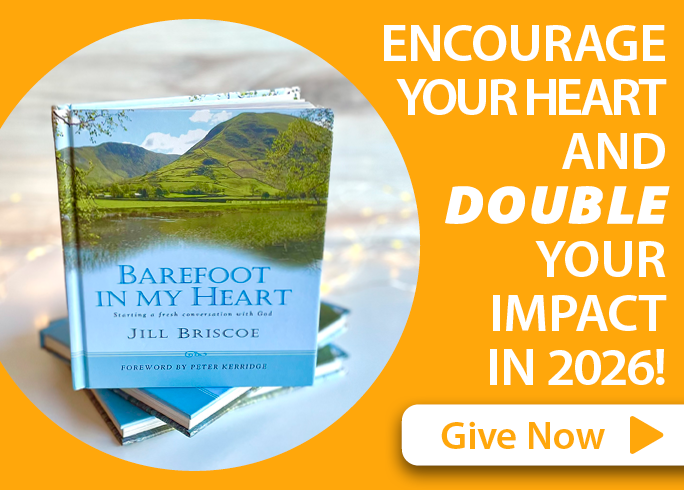Light in Dark Dungeons - One Year Devotions for Men
“I, the LORD, have called you to demonstrate my righteousness. . . . I have given you to my people as the personal confirmation of my covenant with them. And you will be a light to guide all nations to me. You will open the eyes of the blind and free the captives from prison. You will release those who sit in dark dungeons.” - Isaiah 42:6-7
As Charles Wesley was lying ill in the home of his friend John Bray, he read Luther’s Commentary on Galatians. His eyes were opened to the wonders of God’s saving grace, and he wrote in his journal, “This I know, I have ‘now peace with God.’ ”9 He immediately composed a hymn of thanksgiving to the Lord entitled, “Where shall my wondering soul begin?” In it he expressed amazed delight at the love of Christ. More than 7,200 other hymns flowed from Charles Wesley’s pen. Many of them were composed on horseback as he traveled tirelessly around Britain, preaching the good news. He was frequently known to arrive at his destination, jump off his horse, and, without greeting anyone, rush into the house shouting, “Pen and paper, pen and paper!” in order that he might record the hymn that had been born in his imagination while riding.
The lyrics of Wesley’s hymns were poetic reflections on the great truths of the Bible. One of his best loved compositions, “And can it be,” is one of his greatest reflections on spiritual truth. In this hymn Wesley wrote the following testimony of God’s grace in his life:
Long my imprisoned spirit lay
Fast bound in sin and nature’s night,
Thine eye diffused a quickening ray,
I woke, the dungeon flamed with light;
My chains fell off, my heart was free,
I rose, went forth and followed thee.
It seems quite likely that when Charles Wesley wrote these lines he had been meditating on Isaiah’s great prophecy about the Lord’s servant, who would “be a light to guide all nations,” would “open the eyes of the blind and free the captives from prison,” and would “release those who sit in dark dungeons” (Isa. 42:6-7).
Even as a young student at Oxford, Charles Wesley was known for his piety and his commitment to serious living. He helped found the “Holy Club” and, a few years later, sailed to Georgia as a missionary. But it was many years before he made his peace with God. His “dark dungeons” were not populated by overt egregious sins of the flesh. But in the years before he personally trusted Christ, his soul was dark nevertheless with doubt and fear, with striving and despair.
Every man has his own dark dungeons, some darker than others. All men need a “quickening ray” from God—perhaps a shaft of blinding insight or maybe the gift of grace quietly dawning in the heart. The result of God’s light is a new life, which in Wesley’s case “rose, went forth, and followed.” That is the result God desires.
A man who follows Christ is called to be “a light to guide” (42:6). It is unlikely a modern man will be called to write hymns on horseback as a means of enlightenment for others. But it is highly probable that being a light will involve clearly testifying to God’s powerful grace at work in the hustle and bustle of the office or the factory.
For Further Study: Isaiah 42:1-9
Excerpted from The One Year Devotions for Men, Copyright ©2000 by Stuart Briscoe. Used by permission of Tyndale House Publishers. All rights reserved.
For more from Stuart Briscoe, please visit TellingtheTruth.org.
SPECIAL OFFER









